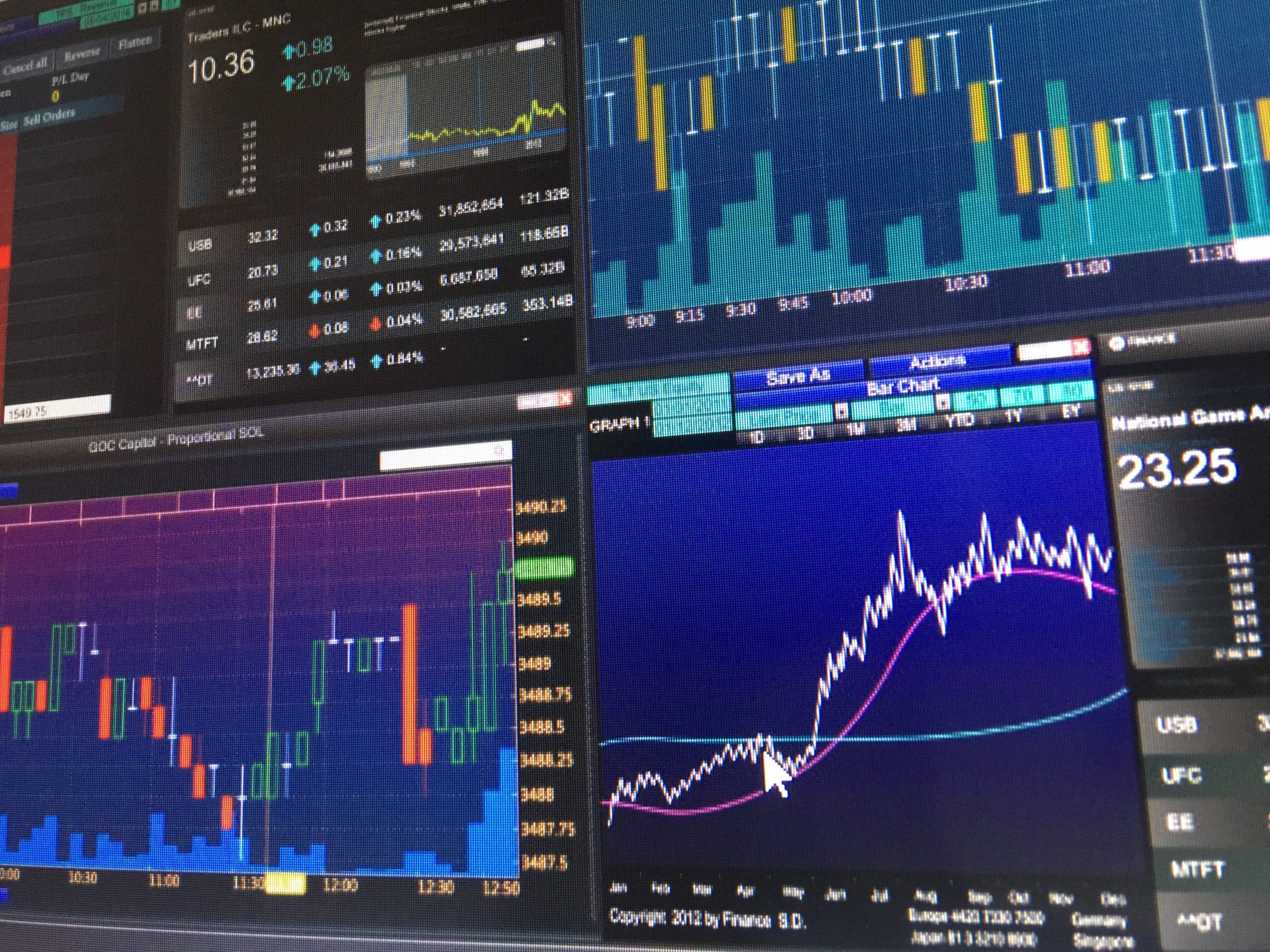Introduction: The Current Forex Landscape
The forex market is witnessing unprecedented shifts as traders navigate a complex interplay of geopolitical tensions, economic policy changes, and technological advancements. As of 2025, a few key narratives are shaping trading strategies across the globe.
Key Trends Influencing Forex Markets
1. The Impact of AI on Currency Trading
Artificial Intelligence (AI) continues to reshape forex trading, offering sophisticated tools for predictive analytics and automated trading strategies. This technology not only enhances decision-making but also increases market efficiency.
- AI models are now capable of analyzing vast datasets faster than ever before.
- Traders leverage AI to identify patterns and predict currency movements with greater accuracy.
2. Central Bank Policies and Their Effects
Central banks remain pivotal in influencing forex markets. Recent policy adjustments, including interest rate hikes and quantitative easing measures, have significant implications for currency valuations.
- The US Federal Reserve’s recent decisions are crucial for USD volatility.
- European Central Bank’s policies are under close scrutiny as traders assess the euro’s trajectory.
3. Geopolitical Tensions and Currency Volatility
Geopolitical factors, including trade wars and regional conflicts, continue to contribute to forex volatility. Traders must stay informed about global political developments that could impact currency stability.
- Ongoing trade negotiations between major economies affect investor sentiment.
- Political unrest in emerging markets can lead to abrupt currency fluctuations.
Strategic Insights for Forex Traders
As we dissect these trends, it becomes evident that staying ahead in forex trading requires a comprehensive understanding of both macroeconomic indicators and technological advancements. Here are some actionable insights:
- Utilize AI-driven tools to enhance predictive capabilities.
- Monitor central bank announcements and adjust strategies accordingly.
- Remain vigilant of geopolitical developments to anticipate currency shifts.
Conclusion: A Forward-Looking Approach
The forex market, with its dynamic nature, demands a strategic approach grounded in data and foresight. By integrating advanced technologies and staying informed about global economic policies, traders can better navigate the complexities of today’s forex landscape.



